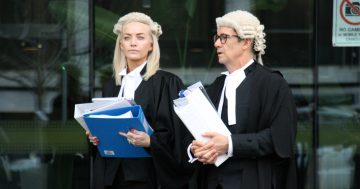Amendments to the Crimes Act 1900, passed today in the Legislative Assembly will bring certainty to the process of inquiring into criminal convictions, Attorney-General, Simon Corbell, said today.
“The amendments to the Act clarify the judicial nature of the Supreme Court when it considers a report of an inquiry and ensure that there are no unnecessary limitations on the court’s ability to hear submissions on the report,” Mr Corbell said.
Section 431 of the Crimes Act, introduced in 2001, contains limitations on the ability of the court to hear submissions at certain stages in the inquiry process.
This was evident when the Supreme Court recently considered the application of section 431 during its consideration of Acting Justice Martin’s inquiry report into the now-quashed conviction of Mr David Eastman for the murder of Assistant Commissioner Colin Winchester in 1995.
“While this issue was identified in the course of the Eastman inquiry, the amendment needs to be made for the benefit of the inquiry process more generally,” Mr Corbell said.
“This demonstrates the government’s commitment to ensuring an independent, clear inquiry process that brings the words of the legislation into line with how they have been interpreted by the Supreme Court.
“These amendments will ensure that no confusion arises about limitations on the court’s power to hear submissions about an inquiry report.”
(Simon Corbell Media Release)




















